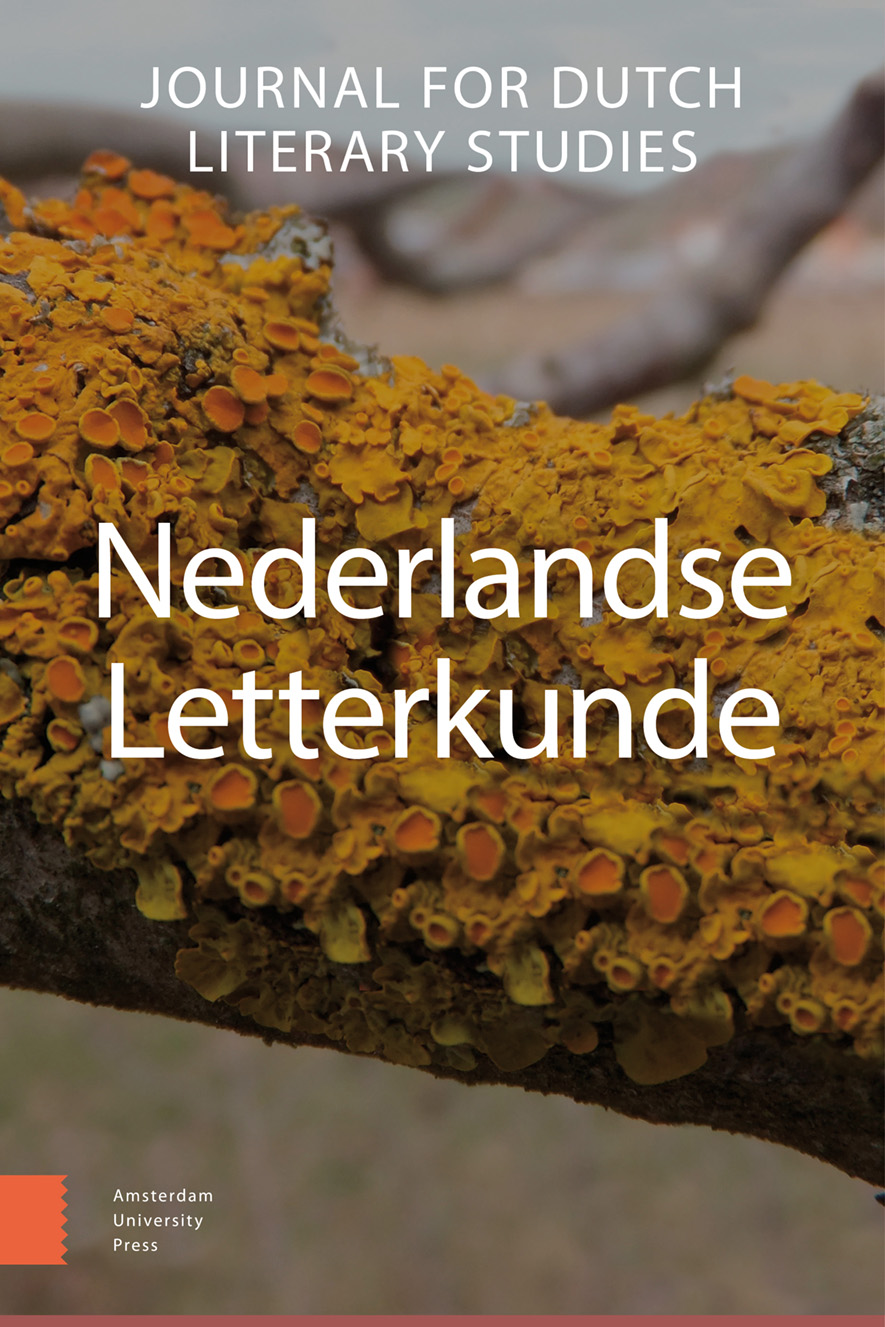-
oa Onderzoekend lezen: geïntegreerd leesonderwijs en de rol van de leerling als betekenisgever
- Amsterdam University Press
- Source: Nederlandse Letterkunde, Volume 27, Issue 1, Jul 2022, p. 63 - 83
-
- 01 Jul 2022
Abstract
Current Dutch reading education does not suffice for deep understanding of texts. This problem calls for a solution that (re)combines literary education and reading comprehension –the two pillars on which Dutch reading education is built. The goal is to introduce a way of reading that requires a different set of skills from students as active ‘meaning makers’, thus putting interpretation back on the map. In this article, we first discuss how the current linkage between reading enjoyment, reading promotion, and literature education sends students the misleading message that reading literature would produce (primarily) reading enjoyment. We argue that this linkage ensures that reading motivation problems related to comprehension of non-literary texts – as reported by students and their teachers – remain underexposed and virtually unaddressed. We then propose a repositioning of both forms of reading instruction that makes reading comprehension more ‘comprehensible’, that is, resulting in a deeper understanding of texts and positioning students in the more motivating role of meaning maker. This can be achieved with a didactic approach that approaches texts (literary as well as non-literary) as sources of – and for – linguistic and philosophical reflections, for example on one’s self, on the Other, or on the Netherlands and the world. Finally, as reading motivation is augmented when texts are read that relate to a specific context, we suggest focusing on ‘Dutch discourses’ as a productive context for the Dutch class at secondary schools. We provide examples of how such an ‘inquisitive reading’ could be didacticized and set a research agenda that could further explore this direction.


